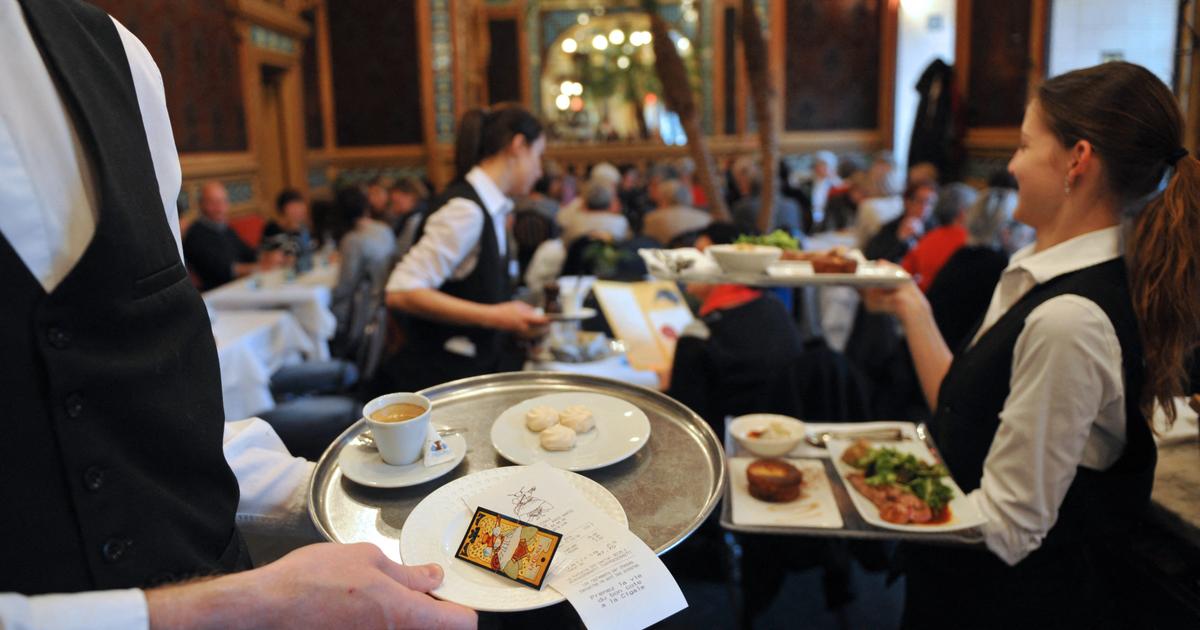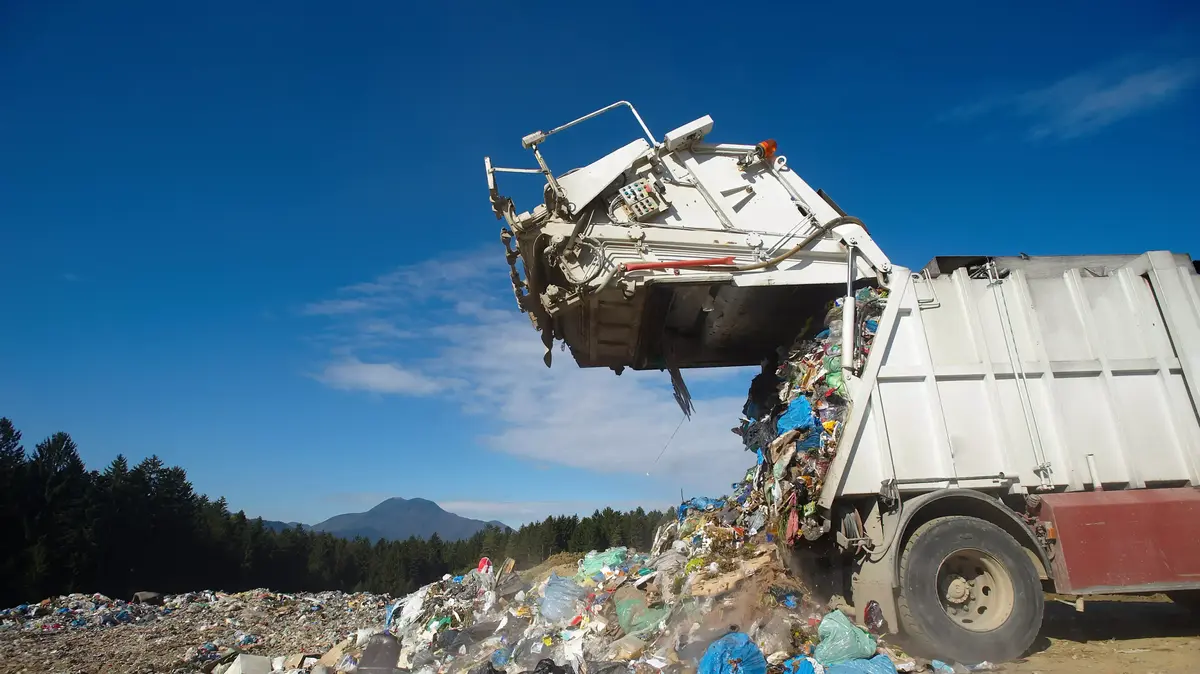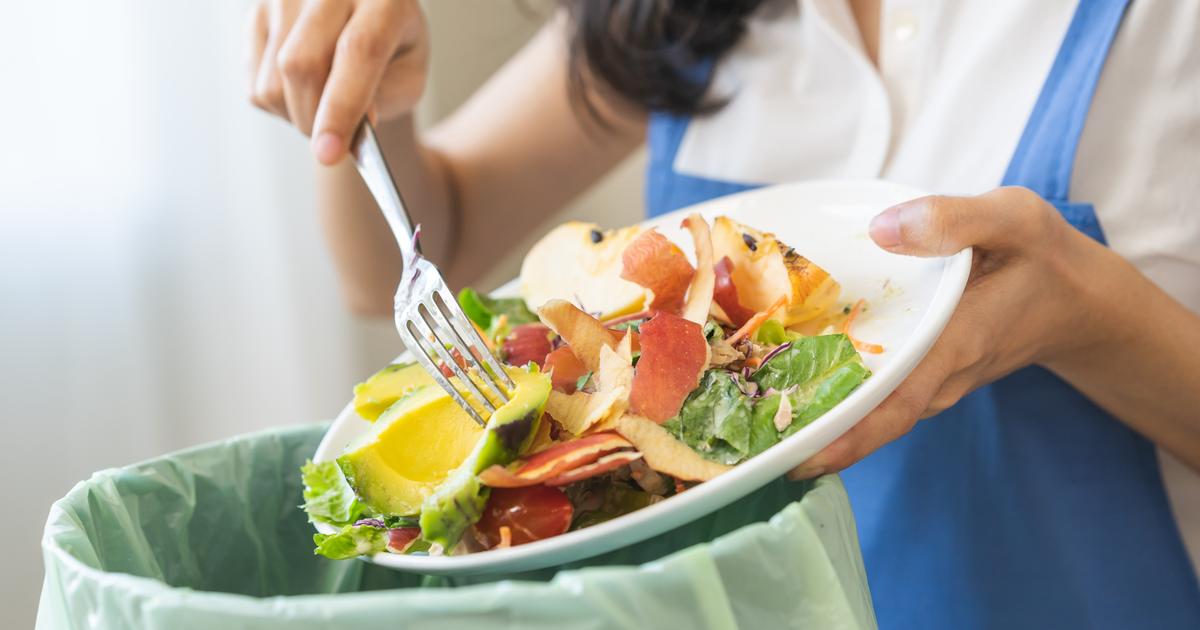«
Water is not free!" Michaël Gillot's initiative has been much commented on since its implementation at the beginning of May. This restaurateur from Bastia (Haute-Corse) decided to charge ten cents per carafe of tap water. The objective of this symbolic price that no one is obliged to pay: to make customers aware that the resource is becoming scarce with repeated droughts and limit waste.
Michaël Gillot could no longer bear to have to throw the rest of his decanters on the sidewalk, he explains to Le Figaro. The food waste is colossal in France: ten million tons per year, according to Ademe. And inevitably, restaurants are not spared. In addition to the carafe that we do not finish, there are the remains of the basket of bread, the salad that remains on the edge of the plate or the dessert in front of which we capitulate, acknowledging having had eyes bigger than the belly.
Bread, a symbol of waste
Like the Corsican restaurateur, several initiatives are multiplying to make customers aware of the issue. If this is practiced abroad, charging for water and bread remains a sensitive subject, because they are part of the tradition of the French service. Serving water for free has even been a legal obligation since 2022, which is why Michaël Gillot does not oblige his customers to pay.
Read alsoWhat are the rights of customers in restaurants?
Symbol of France, bread is also that of food waste. And here too, there is water lost, 1 kilo of wheat needed to make flour having already required nearly 600 liters. In collective catering, some have therefore taken the radical decision to charge it beyond the first piece. Others throw it separately in garbage cans visible to all to raise awareness of the amount it represents. In its guide of good practices against waste, the Union des métiers de l'industrie et de l'hôtellerie (Umih) recommends that professionals offer only "one tranche per customer and renew if necessary".
'Trash tax'
Above the pots in which lunch guests come to serve, this Parisian all-you-can-eat restaurant warns: it imposes a "trash tax". Five euros for children "who do not finish their plate", ten euros "for adults". As here, more and more all-you-can-eat buffets charge for leftovers, between two and ten euros, so that gourmands think twice before filling their plates to the brim.
In traditional establishments, Umih also recommends adapting the quantities on the plates, even if it means serving customers again, to avoid waste. According to the professional union, 60% of them admit that they do not always finish their plate. A problem mitigated by the law since 2021, consumers can ask to take the leftovers home.
While measures affecting clients' wallets remain primarily symbolic, they must be well understood. In Bastia, Michaël Gillot ensures that, despite negative opinions on the Internet "from people who have never set foot in the restaurant", 98% of customers agree to pay for water jugs and understand the process very well. The money raised will be donated to an association, which the restaurateur is looking for.









